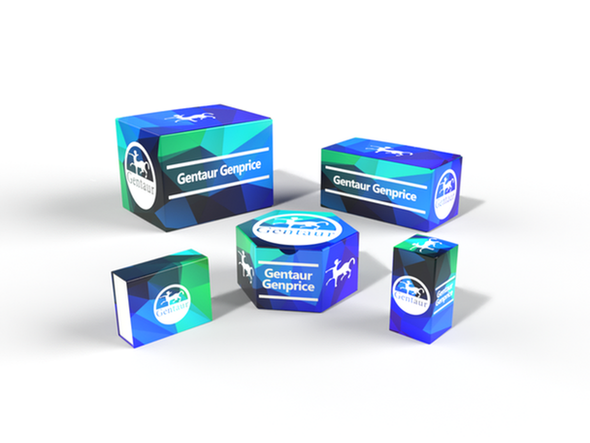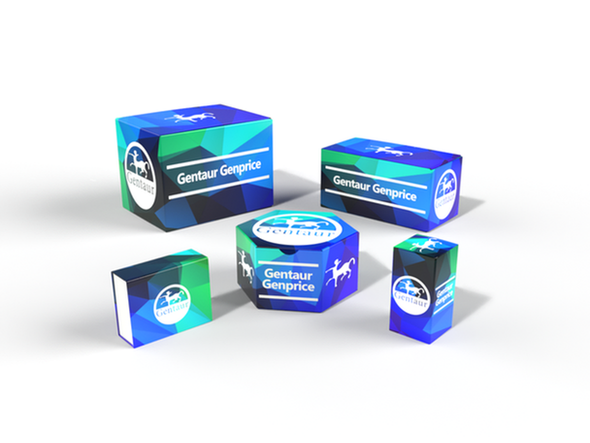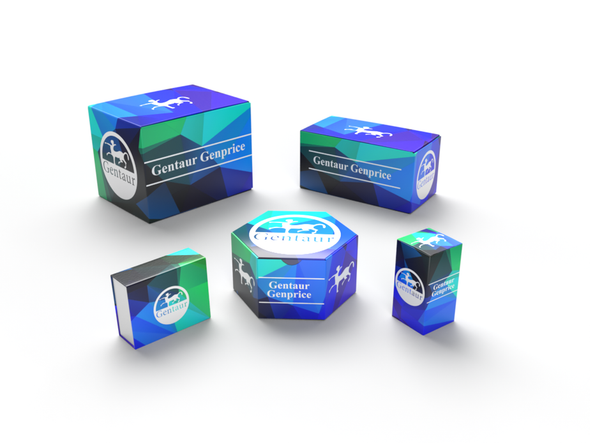BW
AhR (phospho-S36) polyclonal Antibody | AP0302
- SKU:
- BW-AP0302
- Availability:
- Usually ships in 5 working days
Description
AhR (phospho-S36) polyclonal Antibody | AP0302 | Gentaur UK, US & Europe Distribution
Host: Rabbit
Reactivity: Human,Mouse,Rat
Application: WB IHC
Application Range: WB: 1:500~1:1000 IHC: 1:50~1:200
Background: The Aryl Hydrocarbon Receptor (AHR), also known as the dioxin receptor, is a ligand-activated helix/loop/helix transcription factor found in a variety of vertebrate species. The known ligands for AHR are foreign planar aromatic compounds, such as polycyclic aromatic compounds and halogenated aromatic compounds such as 2,3,7,8-tetrachlorodibenzo-p-dioxin (TCDD) .Unlike the steroid/thyroid hormone receptors, there is no known physiological ligand for the AH Receptor. Studies indicate that in non-ligand activated cells, AHR is found complexed with HSP90 predominantly in the cytoplasm. Upon binding to an agonist, the ligand-activated AHR is believed to transform to a nuclear, DNA binding form. This transformation process appears to involve dissociation of HSP90 from AHR followed by formation of a heterodimer with AHR nuclear translocator protein (Arnt) . The AHR-ligand complex appears to initiate gene transcription of cytochrome P450 1A1.
Storage & Stability: Store at 4°C short term. Aliquot and store at -20°C long term. Avoid freeze-thaw cycles.
Specificity: p-AhR (S36) polyclonal Antibody detects endogenous levels of AhR only when phosphorylated at Ser36.
Molecular Weight: ~ 94 kDa
Note: For research use only, not for use in diagnostic procedure.
Alternative Names: Aryl hydrocarbon receptor; Ah receptor; AhR; Class E basic helix-loop-helix protein 76; bHLHe76; AHR; BHLHE76
Immunogen: Synthetic phosphopeptide derived from human AhR around the phosphorylation site of Serine 36.
Conjugate: Unconjugated
Modification: Phosphorylation
Purification & Purity: The Antibody was affinity-purified from rabbit antiserum by affinity-chromatography using epitope-specific immunogen and the purity is > 95% (by SDS-PAGE) .
Pathway: Tumor Angiogenesis,Cell Cycle Control G1 S Checkpoint,Contribution of Soluble Factors to EMT,ESC Pluripotency and Differentiation Signaling Pathway,hippo Signaling,hippo Signaling,






